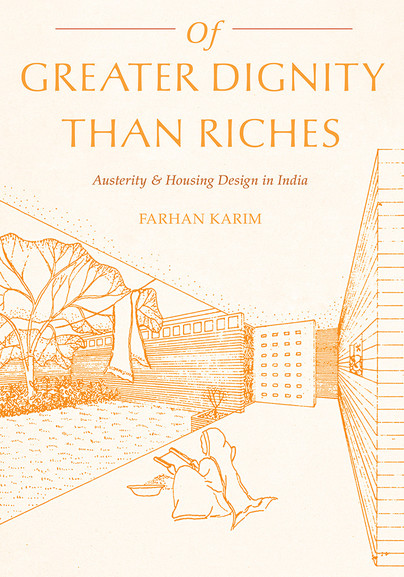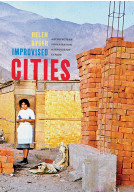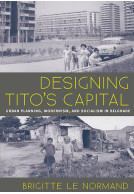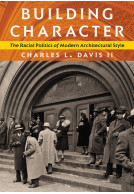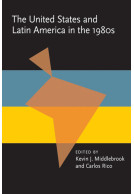Google Books previews are unavailable because you have chosen to turn off third party cookies for enhanced content. Visit our cookies page to review your cookie settings.
Of Greater Dignity than Riches (Hardback)
Austerity and Housing Design in India
Imprint: University of Pittsburgh Press
Series: Culture Politics & the Built Environment
Pages: 336
Illustrations: 85
ISBN: 9780822965695
Published: 9th April 2019
Script Academic
Series: Culture Politics & the Built Environment
Pages: 336
Illustrations: 85
ISBN: 9780822965695
Published: 9th April 2019
Script Academic
You'll be £42.50 closer to your next £10.00 credit when you purchase Of Greater Dignity than Riches. What's this?
+£4.99 UK Delivery or free UK delivery if order is over £40
(click here for international delivery rates)
Need a currency converter? Check XE.com for live rates
(click here for international delivery rates)
Need a currency converter? Check XE.com for live rates
Extreme poverty, which intensified in India during colonial rule, peaked in the 1920s—after decades of imperialist exploitation, famine, and disease—a time when architects, engineers, and city authorities proposed a new type of housing for India’s urban poor and industrial workers. As Farhan Karim argues, economic scarcity became a central inspiration for architectural modernism in the subcontinent. As India moved from colonial rule to independence, the Indian government, business entities, international NGOs, and intergovernmental agencies took major initiatives to modernize housing conditions and the domestic environment of the state’s low-income population. Of Greater Dignity than Riches traces multiple international origins of austerity as an essential ingredient of postcolonial development. By prescribing model villages, communities, and ideal houses for the working class, this project of austerity eventually reduced poverty into a stylized architectural representation. In this rich and original study, Karim explains the postwar and postcolonial history of low-cost housing as an intertwined process of global transferences of knowledge, Cold War cultural politics, postcolonial nationalism, and the politics of economic development.
Other titles in the series...
Other titles in University of Pittsburgh Press...







